Research from Yongzhong Du's lab has been published in ACS Nano
2021-12-13 | 药学院英文网
On Nov.22, Professor Yongzhong Du, College of pharmaceutic science Zhejiang University (CPS-ZJU) published the newest research entitled A Luminol-Based Self-Illuminating Nanocage as a Reactive Oxygen Species Amplifier to Enhance Deep Tumor Penetration and Synergistic Therapy in ACS Nano.
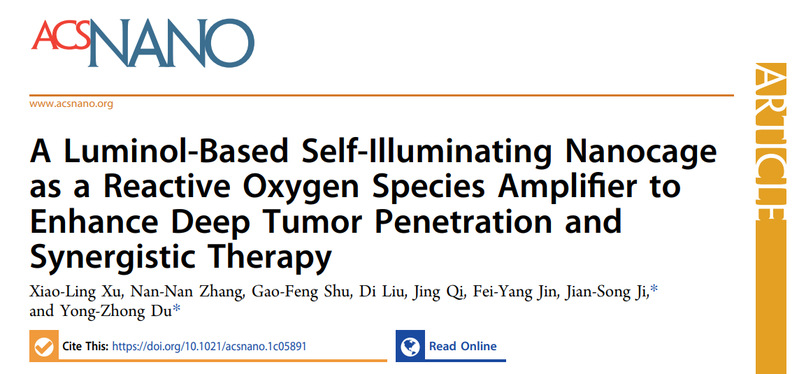
The dense extracellular matrix (ECM) in tumor tissues resists drug diffusion into tumors and leads to a poor prognosis. To address this problem, glucose oxidase (GOx)-modified ferritin loaded with luminol-curcumin was fabricated. Once delivered to the tumor, this luminol-based self illuminating nanocage could actively convert glucose to reactive oxygen species (ROS) to achieve starvation therapy. Then, excessive ROS were transmitted to luminol, thereby emitting 425 nm blue[1]violet light. Momentarily, light was further absorbed by curcumin and ROS production was amplified. Abundant ROS helps break down the ECM network to penetrate deep into tumors. In addition, ROS produced after cell internalization can induce apoptosis of tumor cells by decreasing the mitochondrial membrane potential and can promote ferroptosis by consuming reduced glutathione. Effective penetration and multiple pathways inducing tumor cell death contributed to the efficient antitumor effect (tumor inhibition rate of GOx-modified ferritin loaded with luminol-curcumin: 71.73%). This study developed a glucose-driven self-illuminating nanocage for active tumor penetration via ROS-mediated destruction of the ECM and provided the synergetic mechanism of apoptosis and ferroptosis.
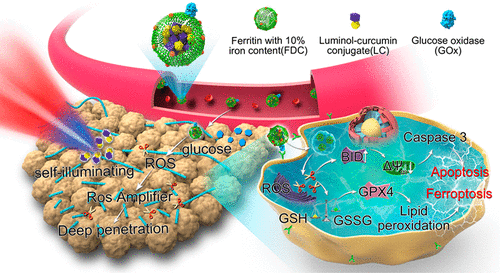
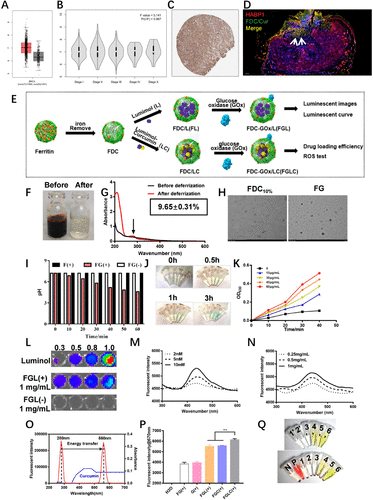
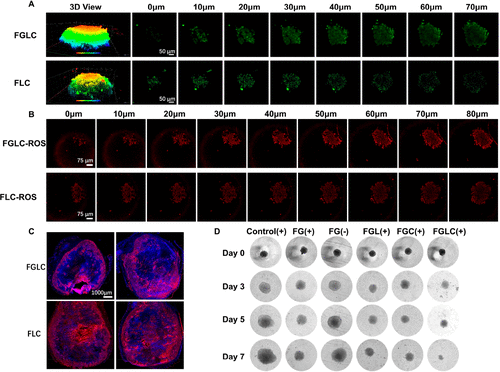
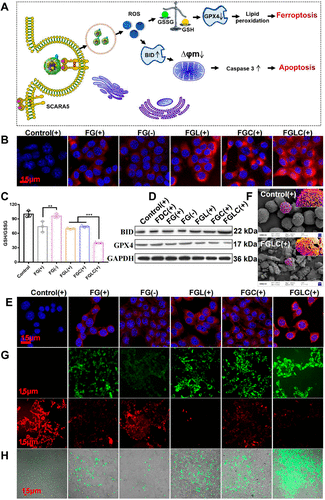
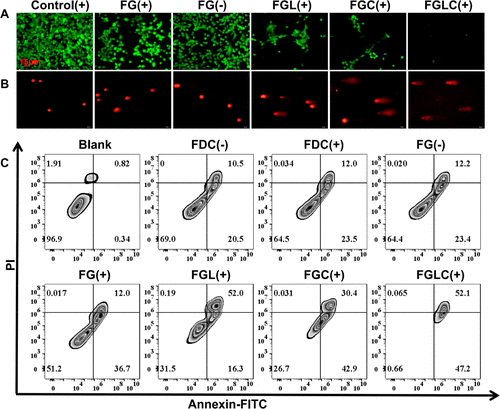
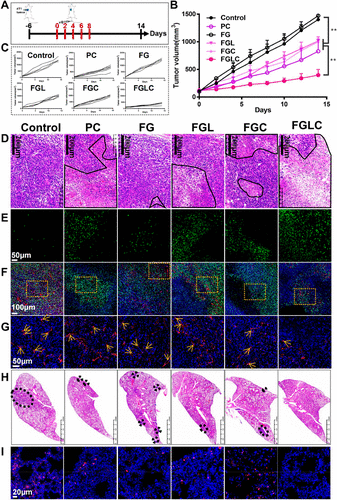
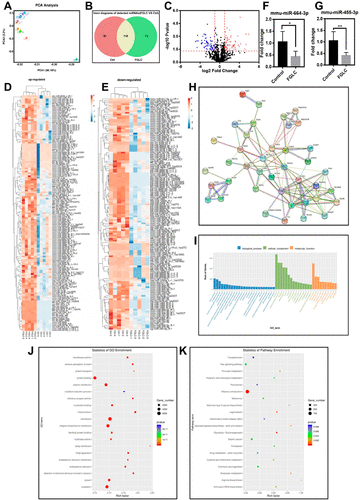
This work was carried out by Dr. Xiaoling Xu, CPS-ZJU under the supervision of Professor Yongzhong Du, CPS-ZJU and Professor Jiansong Ji, Lishui Hospital of Zhejiang University.
Link:https://pubs.acs.org/doi/pdf/10.1021/acsnano.1c05891
NEWS
-
10
2025.12
-
27
2025.11
-
25
2025.11
-
03
2025.11
-
30
2025.10
-
29
2025.10
